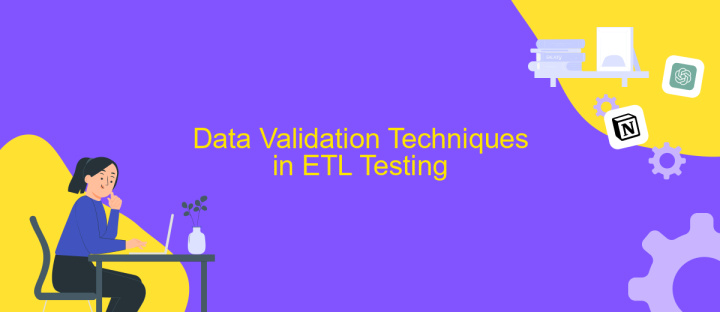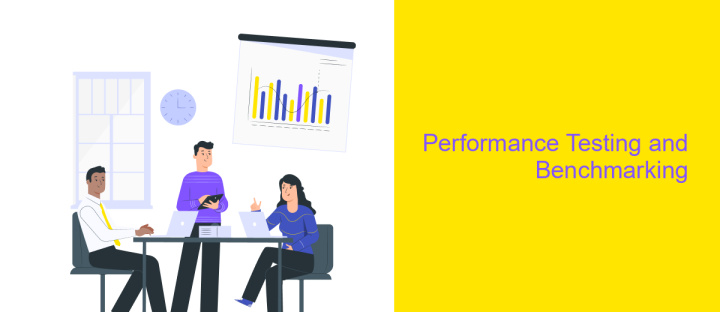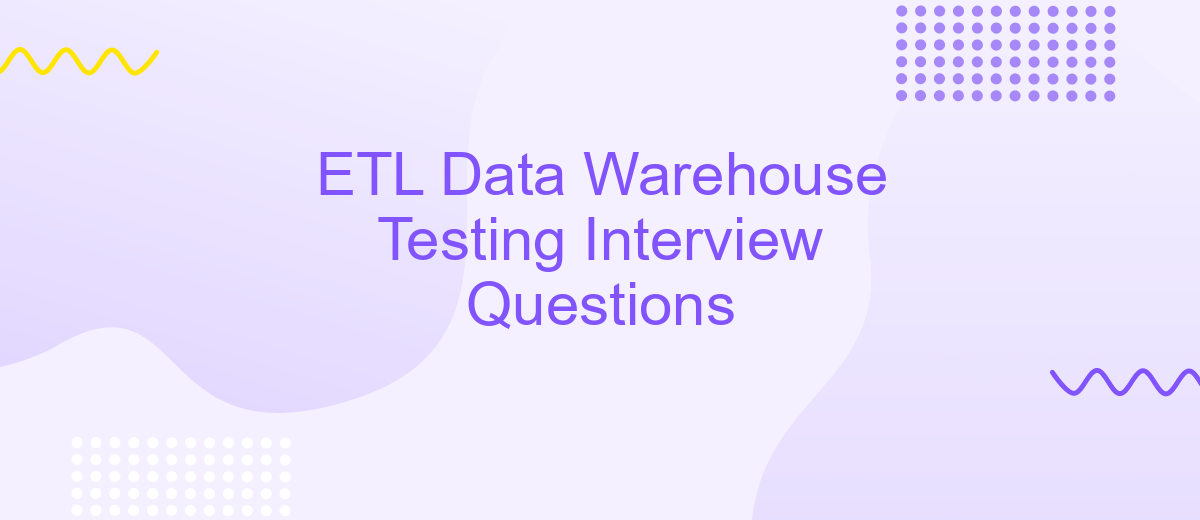ETL Data Warehouse Testing Interview Questions
In the rapidly evolving field of data management, ETL (Extract, Transform, Load) processes and data warehousing are critical for ensuring data integrity and accessibility. Preparing for an ETL Data Warehouse Testing interview requires a solid understanding of these processes. This article provides a comprehensive list of frequently asked interview questions to help you showcase your expertise and secure your next role.
ETL Data Warehouse Overview
ETL (Extract, Transform, Load) is a crucial process in data warehousing that involves extracting data from various sources, transforming it into a suitable format, and loading it into a data warehouse. This process ensures that data is accurate, consistent, and accessible for analysis and reporting.
- Extract: Data is collected from multiple sources such as databases, APIs, and flat files.
- Transform: The extracted data is cleaned, formatted, and transformed to meet the requirements of the target data warehouse.
- Load: The transformed data is loaded into the data warehouse for storage and future analysis.
Efficient ETL processes are essential for maintaining data quality and integrity. Tools like ApiX-Drive can simplify the integration of various data sources, automating the extraction and loading processes. This ensures seamless data flow and reduces the time and effort required to manage ETL operations. By leveraging such tools, organizations can focus on deriving insights from their data rather than dealing with the complexities of data integration.
ETL Data Warehouse Testing Concepts

ETL (Extract, Transform, Load) Data Warehouse Testing is a critical process that ensures the accuracy, reliability, and performance of data as it moves from source systems to the data warehouse. The testing process involves validating the data extraction from various sources, its transformation according to business rules, and its loading into the final data warehouse. Key concepts include data completeness, data transformation logic, data quality, and performance testing to ensure the system can handle large volumes of data efficiently.
One important aspect of ETL testing is the integration of different systems and services. Tools like ApiX-Drive can simplify this process by automating data transfers between various applications and databases. ApiX-Drive allows for seamless integration, reducing manual efforts and minimizing errors in data movement. By leveraging such tools, organizations can enhance their ETL workflows, ensuring that data is accurately and efficiently processed and stored in the data warehouse.
Data Validation Techniques in ETL Testing

Data validation in ETL testing is crucial to ensure the accuracy and reliability of data being transferred from source to target systems. This process involves several techniques to verify that data is correctly extracted, transformed, and loaded.
- Data Completeness: Ensuring all expected data is loaded into the target system without any loss.
- Data Accuracy: Verifying that the data in the target system matches the source data exactly.
- Data Transformation: Checking that all transformations are applied correctly according to business rules.
- Data Integrity: Ensuring relationships between data elements are maintained and constraints are respected.
- Data Consistency: Ensuring that data remains consistent across different systems and time periods.
Utilizing integration services like ApiX-Drive can streamline the ETL process by automating data transfers and ensuring seamless synchronization between systems. This helps in maintaining high data quality and reduces the risk of errors during the ETL process.
Performance Testing and Benchmarking

Performance testing and benchmarking are critical aspects of ETL data warehouse testing. These processes ensure that the data warehouse operates efficiently under various conditions and meets the performance requirements. Performance testing involves evaluating the system's speed, scalability, and stability, while benchmarking compares the system's performance against industry standards or competitors.
Effective performance testing can identify bottlenecks and areas for improvement, ensuring that the ETL processes do not hinder the data warehouse's overall performance. It involves simulating different workloads and measuring key performance indicators (KPIs) such as data processing speed, query response time, and system throughput.
- Data processing speed: Measure the time taken to extract, transform, and load data.
- Query response time: Evaluate how quickly the system responds to various queries.
- System throughput: Assess the system's ability to handle large volumes of data and concurrent users.
Utilizing integration services like ApiX-Drive can streamline the performance testing process by automating data transfers and ensuring seamless connectivity between different systems. This allows for more accurate and efficient performance evaluations, ultimately leading to a more robust and reliable data warehouse.
- Automate the work of an online store or landing
- Empower through integration
- Don't spend money on programmers and integrators
- Save time by automating routine tasks
ETL Data Warehouse Testing Tools
ETL Data Warehouse testing tools are essential for ensuring the accuracy, reliability, and efficiency of data processing workflows. These tools help in validating data transformations, data loading processes, and data integrity within the warehouse. Popular ETL testing tools include Informatica Data Validation, Talend Open Studio, and QuerySurge. Each of these tools offers unique features such as automated testing, data comparison, and integration with various data sources to facilitate comprehensive testing processes.
Moreover, integrating ETL testing tools with other services can enhance their functionality. For instance, ApiX-Drive provides seamless integration capabilities, allowing testers to automate data flows between different platforms without manual intervention. This service supports a wide range of applications and databases, making it easier to set up and manage ETL processes. By leveraging such integrations, teams can ensure that their data warehouse testing is both thorough and efficient, ultimately leading to more reliable data insights.
FAQ
What is ETL testing in the context of Data Warehousing?
What are the key challenges faced during ETL testing?
How do you validate data transformation in ETL testing?
What tools can be used for automating ETL testing processes?
What are the best practices for ETL testing in a Data Warehouse environment?
Apix-Drive is a universal tool that will quickly streamline any workflow, freeing you from routine and possible financial losses. Try ApiX-Drive in action and see how useful it is for you personally. In the meantime, when you are setting up connections between systems, think about where you are investing your free time, because now you will have much more of it.


